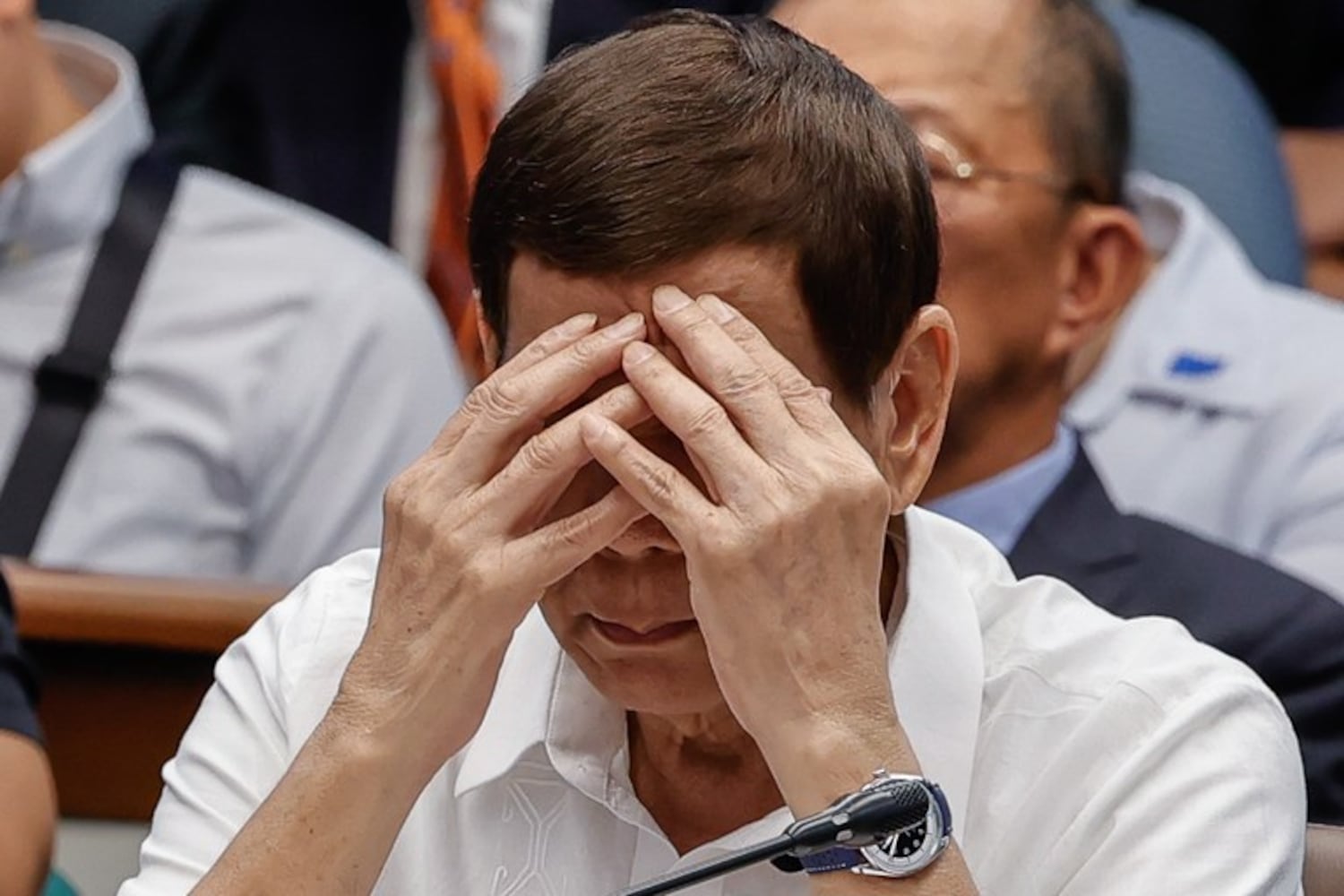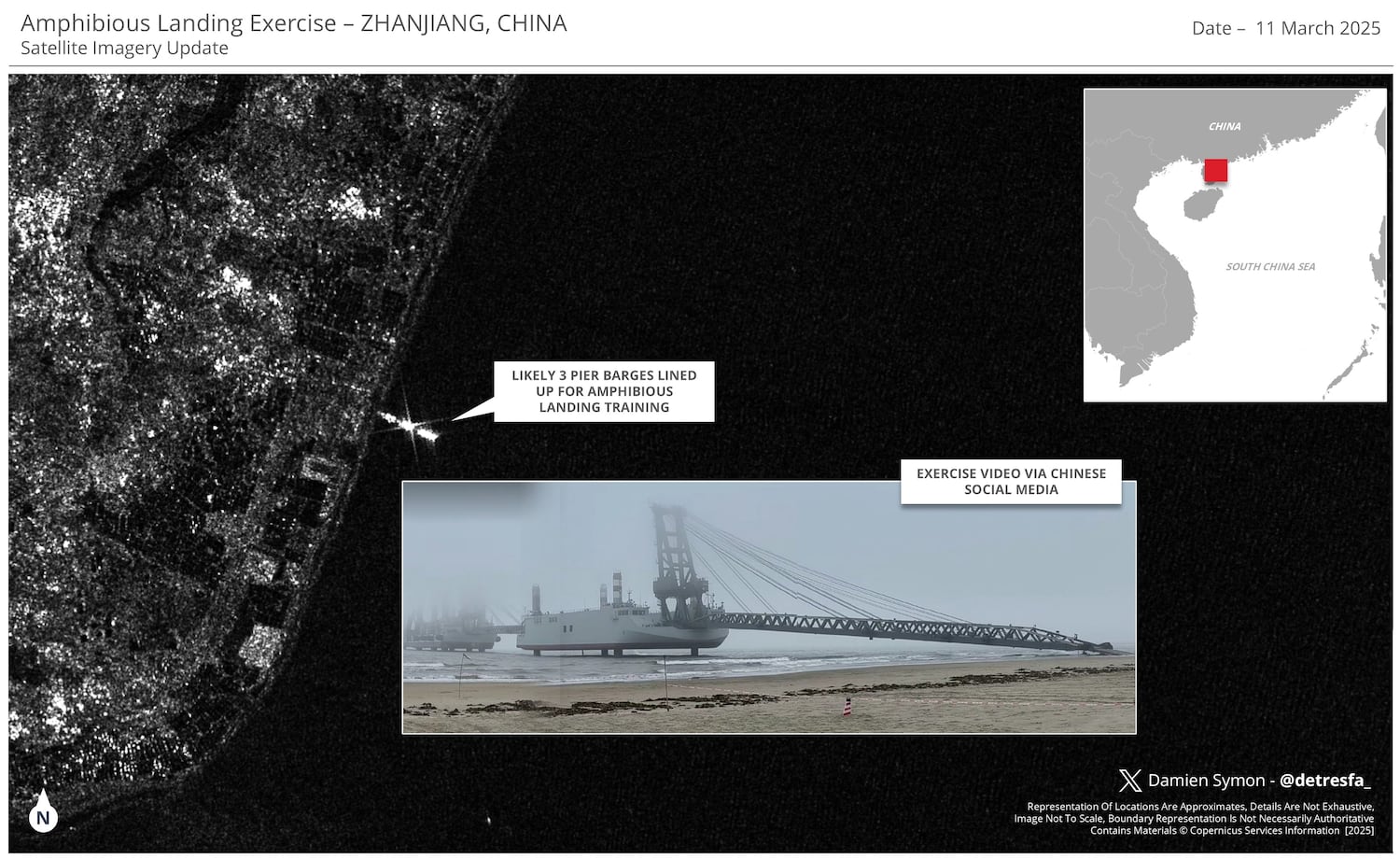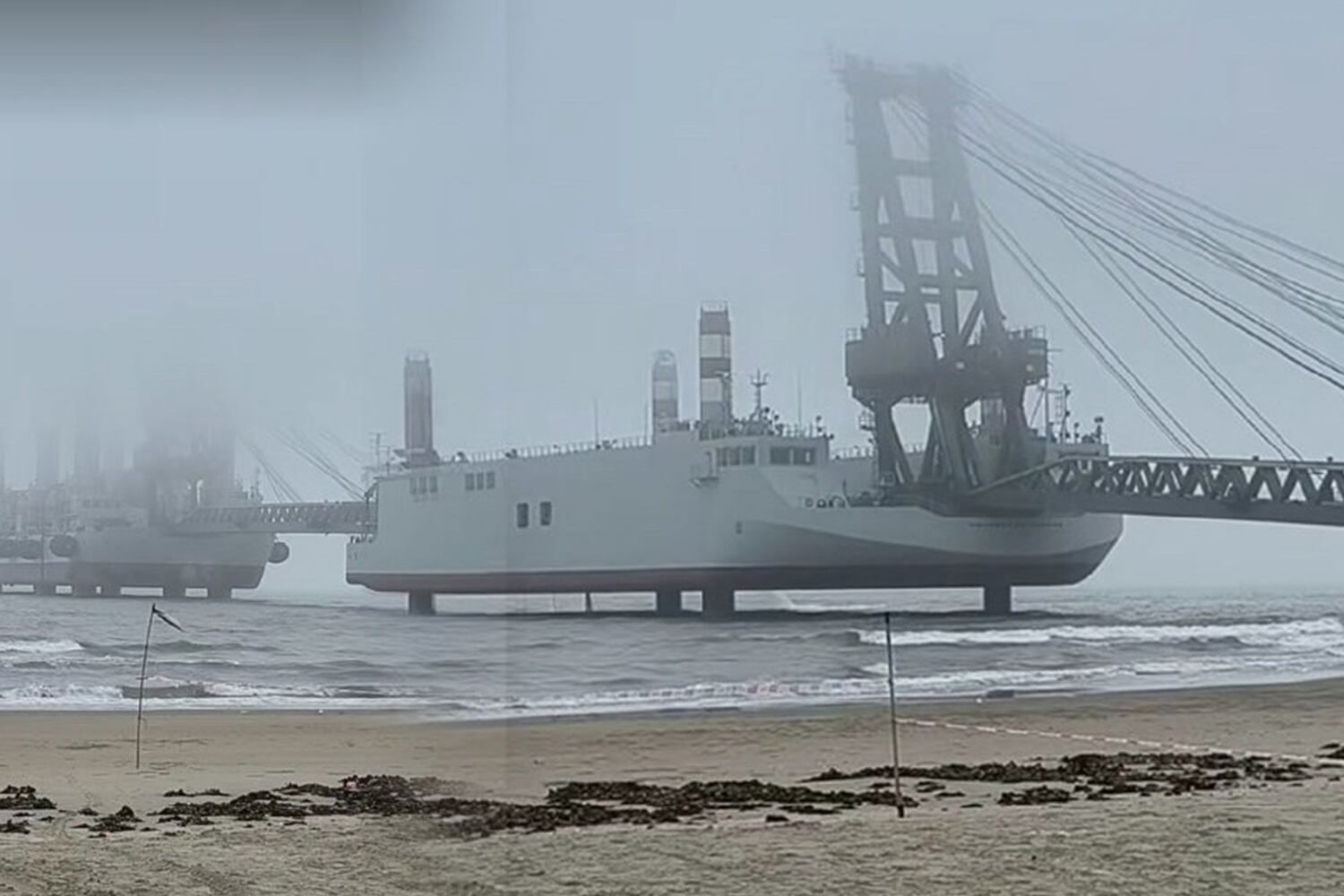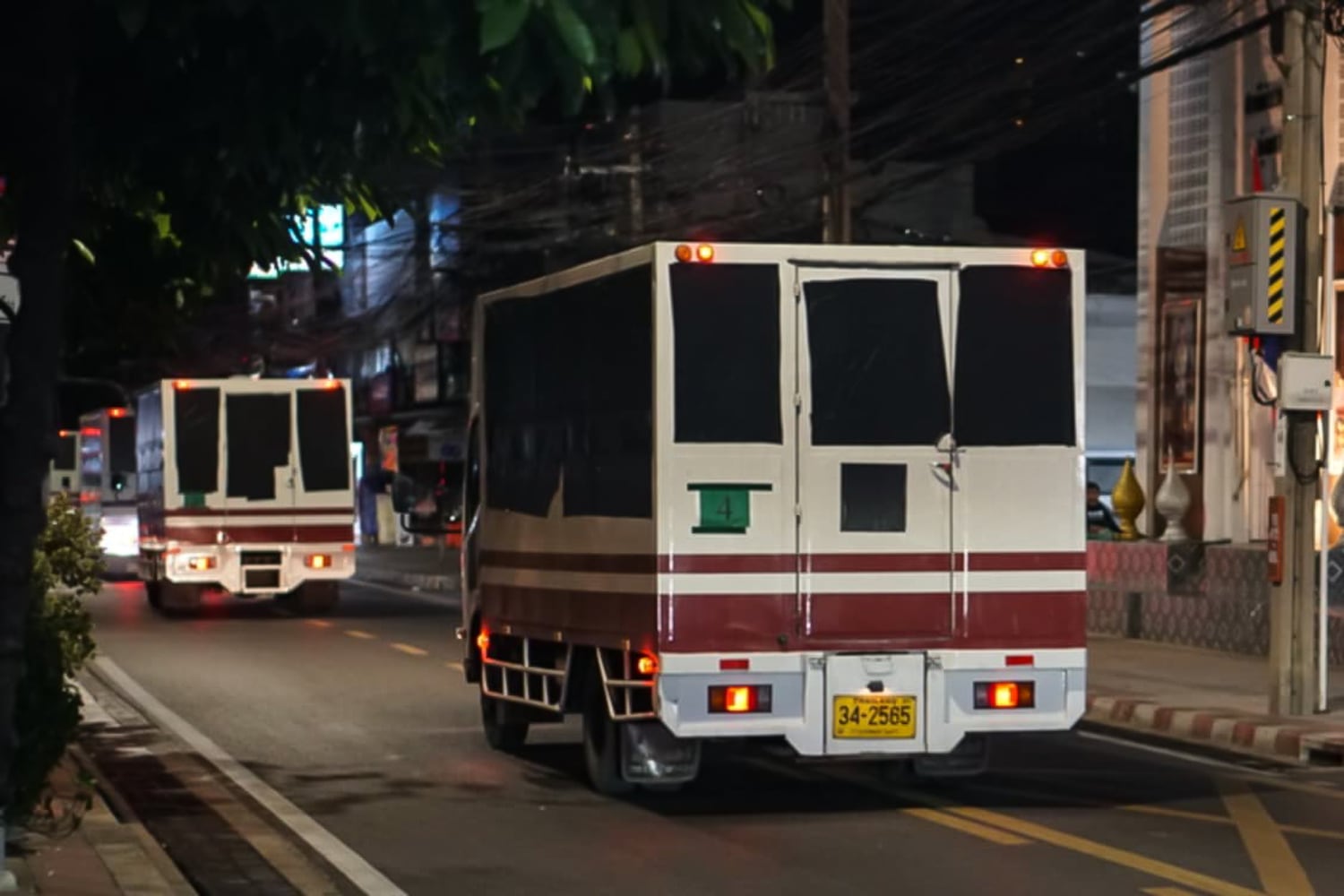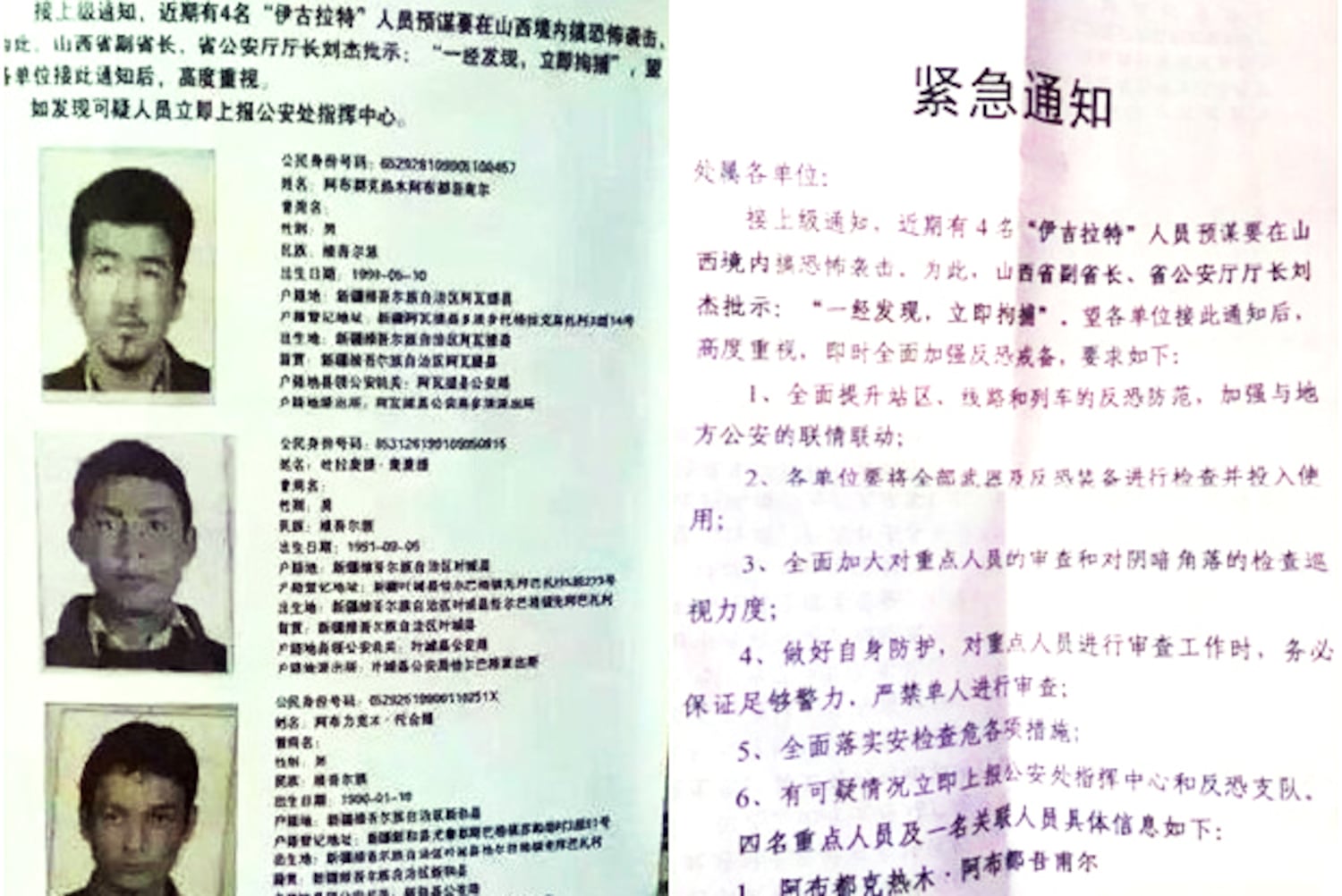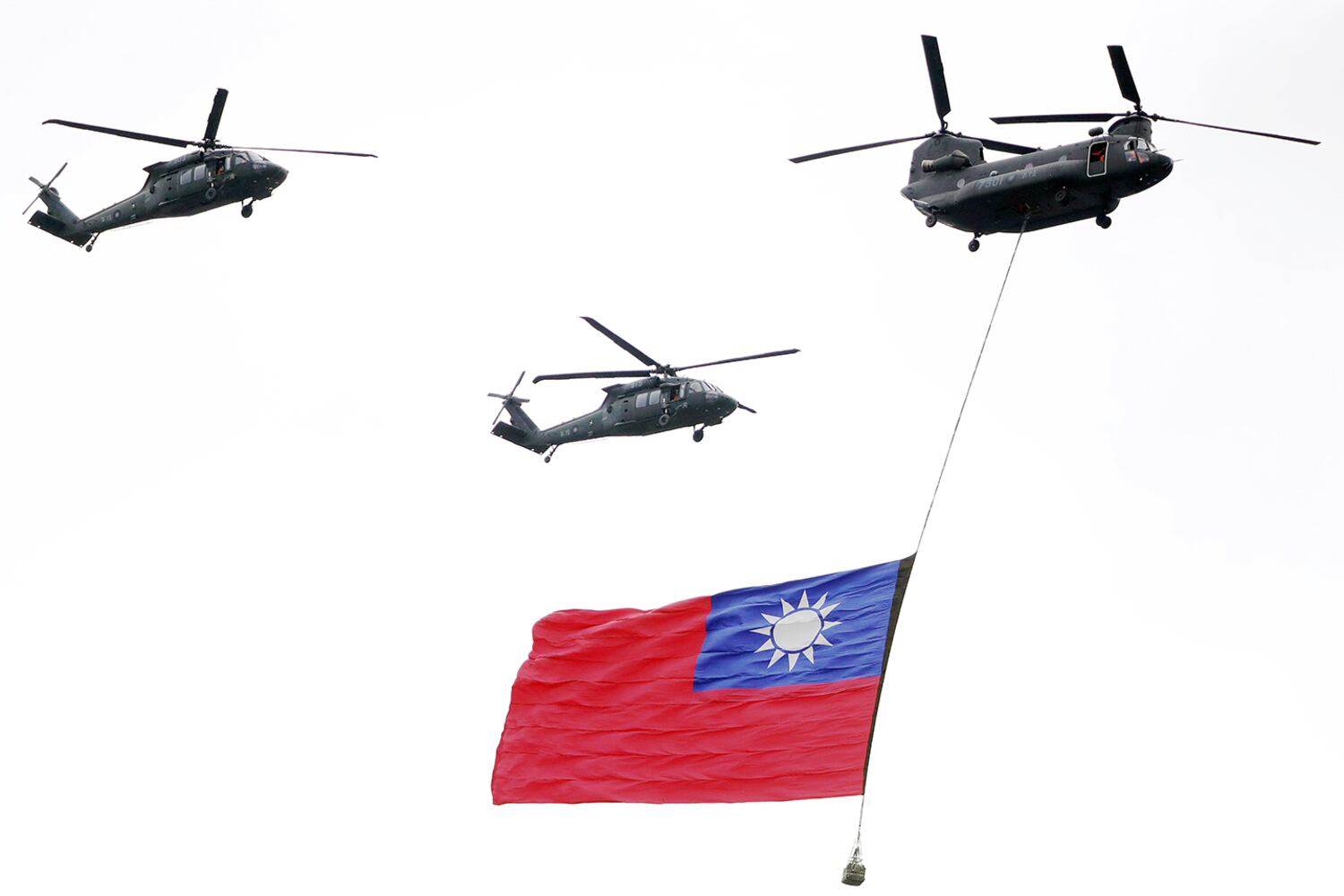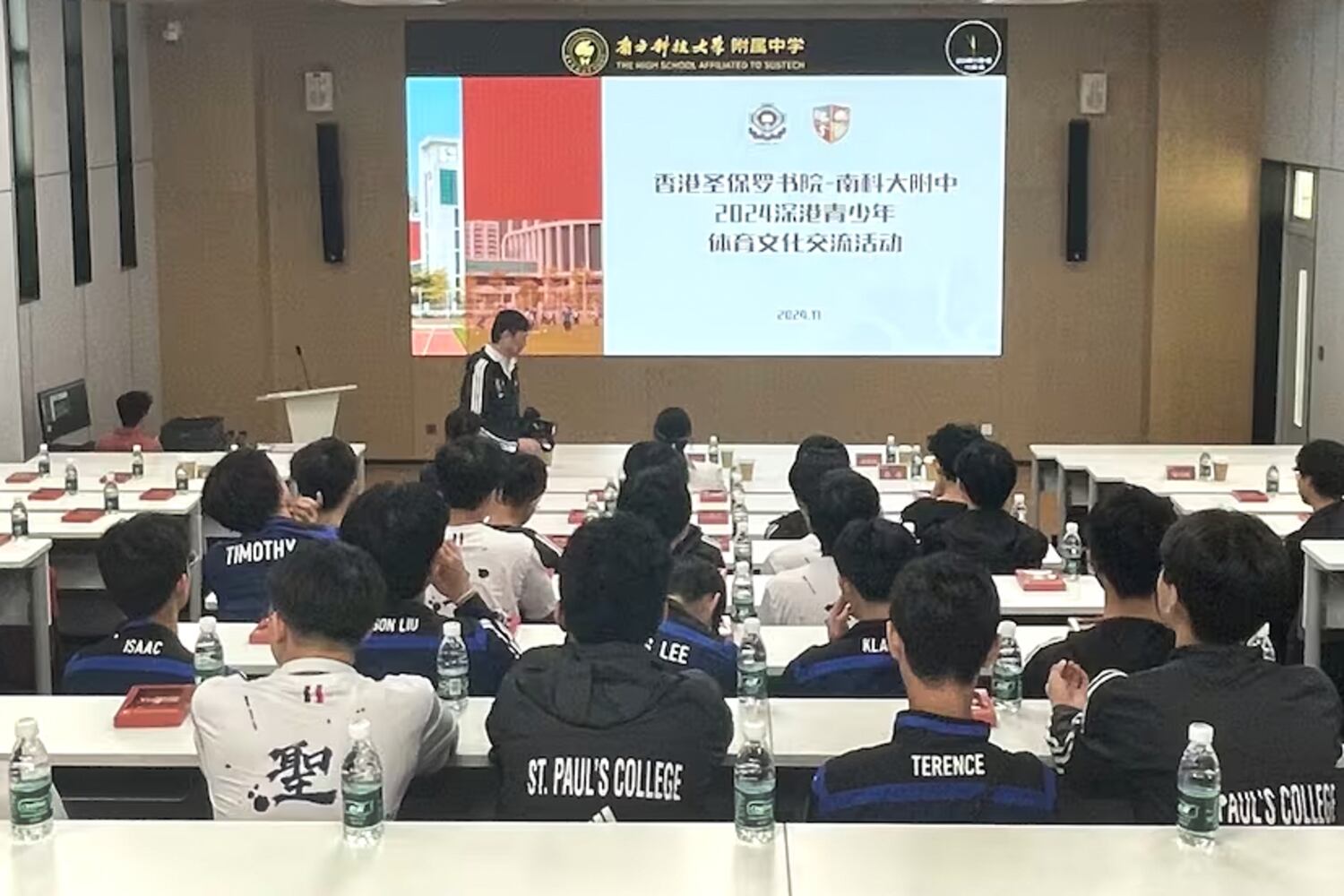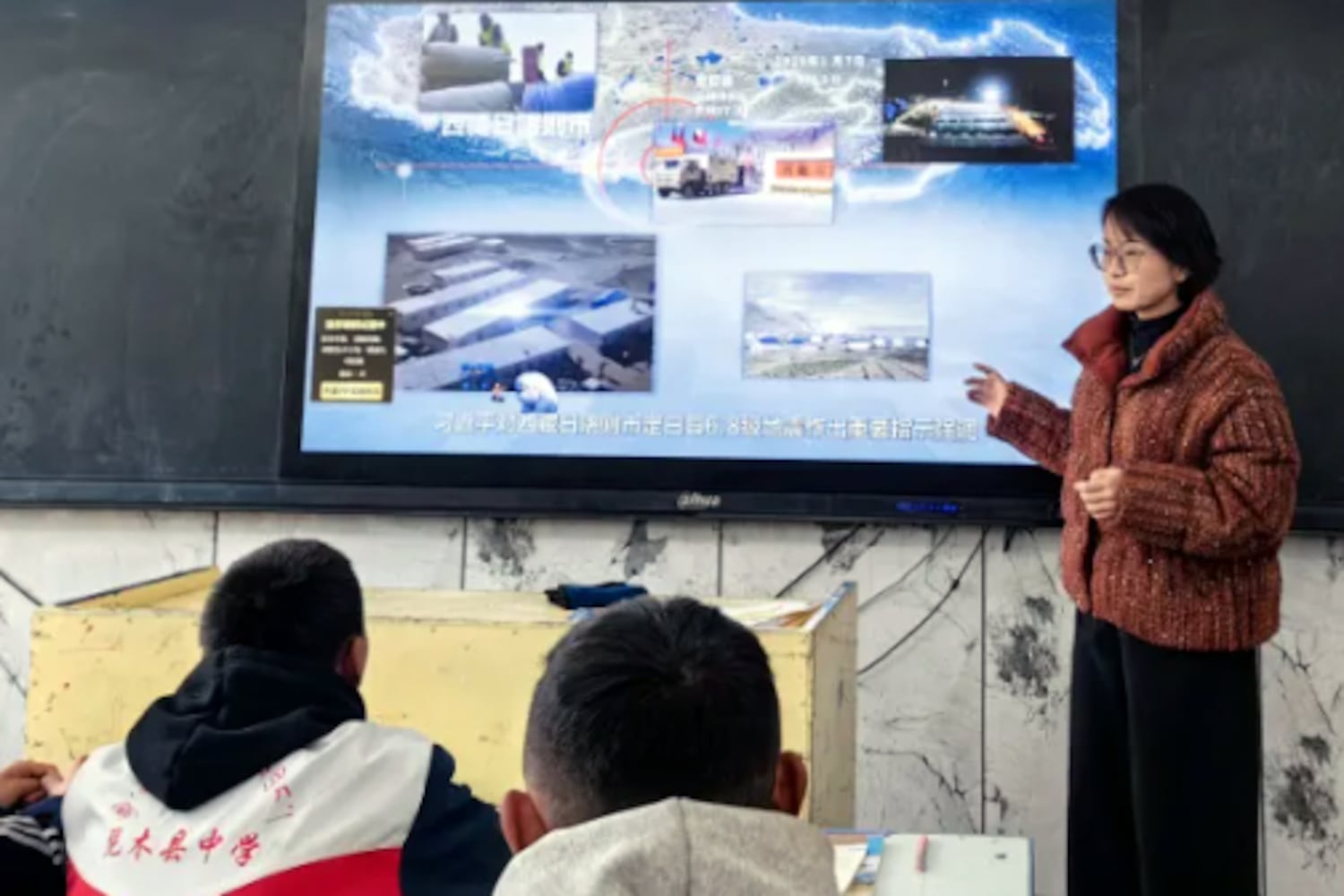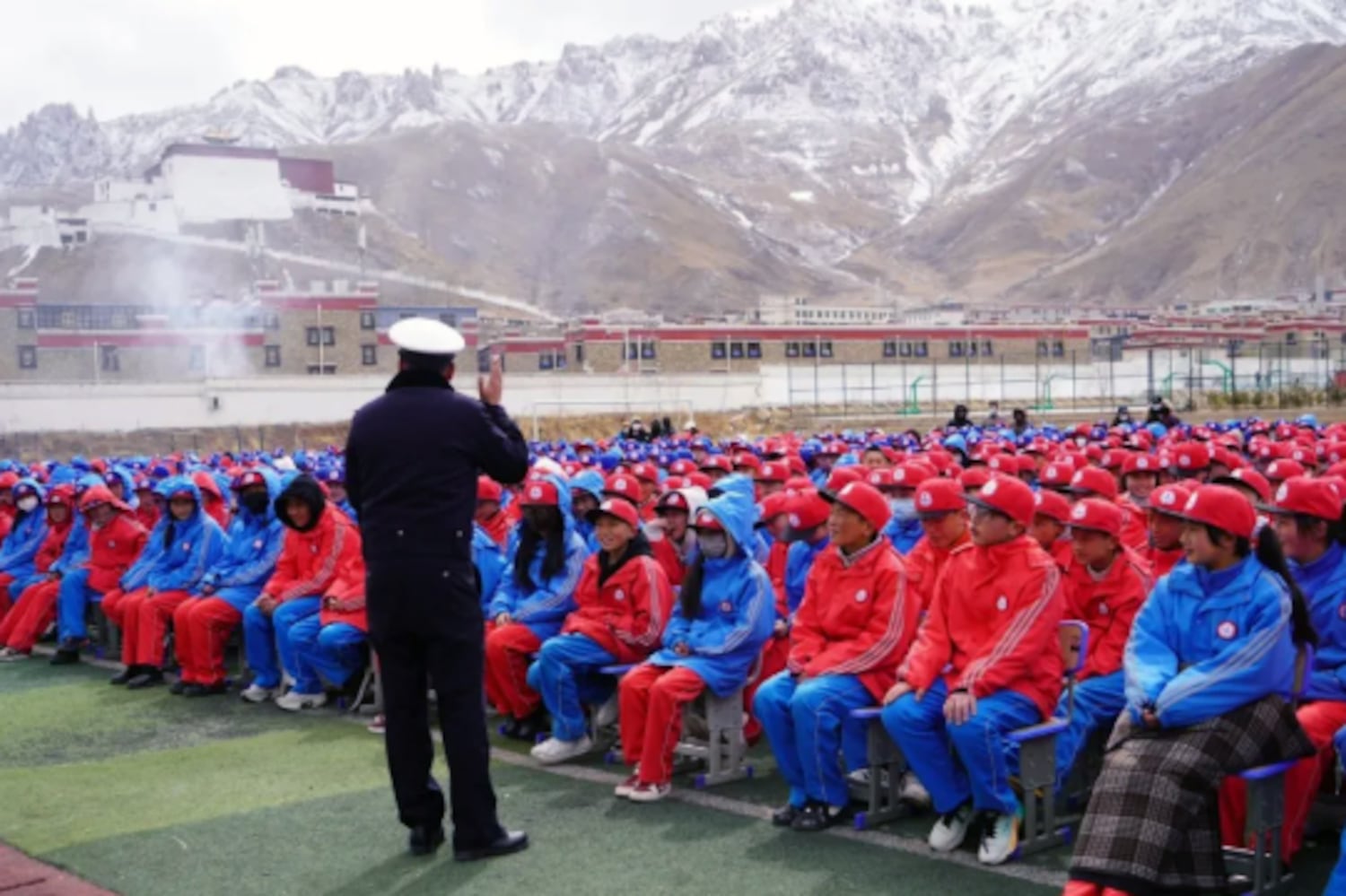By Mar-Vic Cagurangan in Hagatna, Guam
Debate on Guam’s future as a US territory has intensified with its legislature due to vote on a non-binding resolution to become a US state amid mounting Pacific geostrategic tensions and expansionist declarations by the Trump administration.
Located closer to Beijing than Hawai’i, Guam serves as a key US strategic asset, known as the “tip of the spear,” with 10,000 military personnel, an air base for F-35 fighters and B-2 bombers and home port for Virginia-class nuclear submarines.
The small US territory of 166,000 people is also listed by the UN for decolonisation and last year became an associate member at the Pacific Islands Forum.
Local Senator William A. Parkinson introduced the resolution to the legislature last Wednesday and called for Guam to be fully integrated into the American union, possibly as the 51st state.
“We are standing in a moment of history where two great empires are standing face-to-face with each other, about to go to war,” Parkinson said at a press conference on Thursday.
“We have to be real about what’s going on in this part of the world. We are a tiny island but we are too strategically important to be left alone. Stay with America or do we let ourselves be absorbed by China?”
His resolution states the decision “must be built upon the informed consent of the people of Guam through a referendum”.
Trump’s expansionist policies
Parkinson’s resolution comes as US President Donald Trump advocates territorially expansionist policies, particularly towards the strategically located Danish-ruled autonomous territory of Greenland and America’s northern neighbour, Canada.
“This one moment in time, this one moment in history, the stars are aligning so that the geopolitics of the United States favour statehood for Guam,” Parkinson said. “This is an opportunity we cannot pass up.”

As a territory, Guam residents are American citizens but they cannot vote for the US president and their lone delegate to the Congress has no voting power on the floor.
The US acquired Guam, along with Puerto Rico, in 1898 after winning the Spanish-American War, and both remain unincorporated territories to this day.
Independence advocates and representatives from the Guam Commission on Decolonisation regularly testify at the UN’s Decolonisation Committee, where the island has been listed as a Non-Self-Governing Territory since 1946.
Commission on Decolonisation executive director Melvin Won Pat-Borja said he was not opposed to statehood but is concerned if any decision on Guam’s status was left to the US.
“Decolonisation is the right of the colonised,” he said while attending Parkinson’s press conference, the Pacific Daily News reported.
‘Hands of our coloniser’
“It’s counterintuitive to say that, ‘we’re seeking a path forward, a path out of this inequity,’ and then turn around and put it right back in the hands of our coloniser.
“No matter what status any of us prefer, ultimately that is not for any one of us to decide, but it is up to a collective decision that we have to come to, and the only way to do it is via referendum,” he said, reports Kuam News.
With the geostrategic competition between the US and China in the Pacific, Guam has become increasingly significant in supporting American naval and air operations, especially in the event of a conflict over Taiwan or in the South China Sea.
The two US bases have seen Guam’s economy become heavily reliant on military investments and tourism.
The Defence Department holds about 25 percent of Guam’s land and is preparing to spend billions to upgrade the island’s military infrastructure as another 5000 American marines relocate there from Japan’s Okinawa islands.
Guam is also within range of Chinese and North Korean ballistic missiles and the US has trialed a defence system, with the first tests held in December.

The “moment in history” for statehood may also be defined by the Trump administration spending cuts, Guam Governor Lou Leon Guerrero warned in her “state of the island” address on Wednesday.
Military presence leveraged
The island has in recent years leveraged the increased military presence to demand federal assistance and the territory’s treasury relies on at least US$0.5 billion in annual funding.
“Let us be clear about this: Guam cannot be the linchpin of American security in the Asian-Pacific if nearly 14,000 of our residents are without shelter, because housing aid to Guam is cut, or if 36,000 of our people lose access to Medicaid and Medicare coverage keeping them healthy, alive and out of poverty,” Guerrero said.
Parkinson’s proposed legislative resolution calls for an end to 125-plus years of US colonial uncertainty.
“The people of Guam, as the rightful stewards of their homeland, must assert their inalienable right to self-determination,” states the resolution, including that there be a “full examination of statehood or enhanced autonomous status for Guam.”
“Granting Guam equal political status would signal unequivocally that Guam is an integral part of the United States, deterring adversaries who might otherwise perceive Guam as a mere expendable outpost.”
If adopted by the Guam legislature, the non-binding resolution would be transmitted to the White House.
A local statute enacted in 2000 for a political status plebiscite on statehood, independence or free association has become bogged down in US courts.
‘Reject colonial status quo’
Neil Weare, a former Guam resident and co-director of Right to Democracy, said the self-determination process must be centred on what the people of Guam want, “not just what’s best for US national security”.
“Right to Democracy does not take a position on political status, other than to reject the undemocratic and colonial status quo,” Weare said on behalf of the nonprofit organisation that advocates for rights and self-determination in US territories.
“People can have different views on what is the best solution to this problem, but we should all be in agreement that the continued undemocratic rule of millions of people in US territories is wrong and needs to end.”
He said the 250th anniversary of the US Declaration of Independence next year can open a new venue for a conversation about key concepts — such as the “consent of the governed” — involving Guam and other US territories.
Republished from BenarNews with permission.
This post was originally published on Asia Pacific Report.

